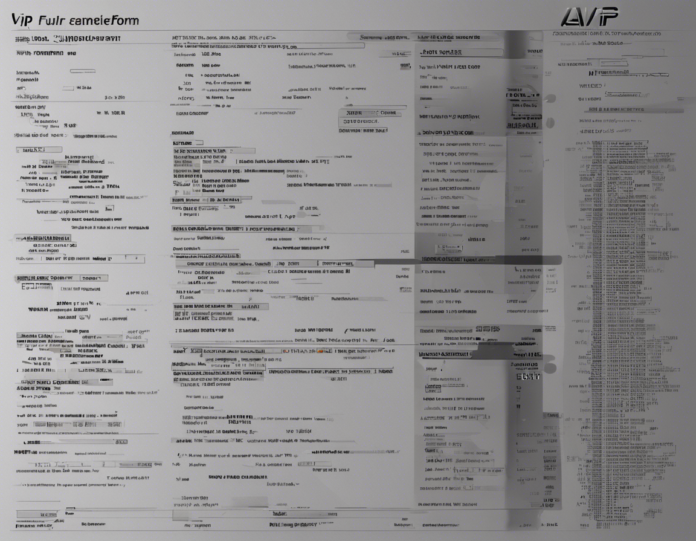VIP Full Form Explained: What Does VIP Stand For?
Have you ever heard of the term VIP and wondered what it actually stands for? Well, in this comprehensive guide, we will delve into the full form of VIP, its various meanings, and how it is commonly used in everyday language.
Understanding the Definition of VIP
VIP stands for “Very Important Person”. It is a term used to refer to someone who is accorded special treatment or recognition due to their perceived importance or high social status. The concept of VIPs is ubiquitous in various sectors, including the entertainment industry, politics, business, and hospitality.
Different Contexts of VIP
1. Hospitality and Events
In the realm of hospitality and events, VIP often refers to guests who receive special privileges and services, such as exclusive access to certain areas, personalized assistance, and upgraded amenities.
2. Security and Protocol
In security and protocol settings, VIPs are individuals who require heightened security measures and formal etiquette due to their influential or prominent position in society.
3. Customer Service
In the realm of customer service, VIP customers are those who are valued by businesses and are provided with premium services, discounts, or perks to ensure their loyalty.
The Significance of VIPs
VIPs play a crucial role in various spheres for several reasons:
- They contribute to the prestige and prominence of events, establishments, or organizations.
- They often have significant influence and can shape perceptions and outcomes.
- Catering to VIPs effectively can lead to long-term relationships, brand loyalty, and positive word-of-mouth publicity.
How to Identify VIPs
Identifying VIPs can be based on several criteria, including:
– Professional Status
Individuals in top leadership positions, celebrities, or influencers are often considered VIPs due to their impact on society.
– Spending Habits
Customers who make frequent purchases, high-value transactions, or premium subscriptions may be designated as VIPs by businesses.
– Loyalty and Engagement
Regular patrons who engage with a brand, attend events, or provide feedback may be identified as VIP customers.
Managing VIP Relationships
Building and maintaining relationships with VIPs require a strategic approach:
- Personalization: Tailoring services and experiences to suit the preferences and needs of VIPs.
- Communication: Providing regular updates, exclusive offers, and personalized interactions to keep VIPs engaged.
- Consistency: Ensuring a high level of service and attention to detail consistently to retain VIP trust and loyalty.
FAQs (Frequently Asked Questions)
1. What is the difference between a VIP and a VVIP?
Answer: While both terms denote individuals of importance, VVIP stands for “Very Very Important Person” and is usually reserved for individuals of even higher status or significance.
2. How can businesses identify potential VIP customers?
Answer: Businesses can use data analytics, customer feedback, and purchase history to identify customers who exhibit loyalty, high spending habits, and engagement with the brand.
3. Are VIP services only available to wealthy individuals?
Answer: While VIP services often cater to individuals with higher purchasing power, businesses can also create VIP programs based on loyalty, engagement, or other relevant criteria.
4. Do VIPs always receive preferential treatment?
Answer: While VIPs may receive special privileges, it is essential for businesses and organizations to ensure fairness and consistency in their treatment of all customers.
5. How can individuals become VIPs in specific industries?
Answer: By establishing a strong reputation, contributing to the industry, building connections, and demonstrating expertise, individuals can increase their chances of being recognized as VIPs.
6. Can VIP status be revoked?
Answer: Yes, in certain cases where VIPs violate terms of service, engage in misconduct, or no longer meet the criteria for VIP status, organizations may revoke VIP privileges.
In conclusion, understanding the full form of VIP as “Very Important Person” sheds light on the significance of recognizing and appreciating individuals of influence in various domains. Whether it’s in business, hospitality, or social settings, acknowledging and valuing VIPs can lead to mutually beneficial relationships and enhanced experiences.










